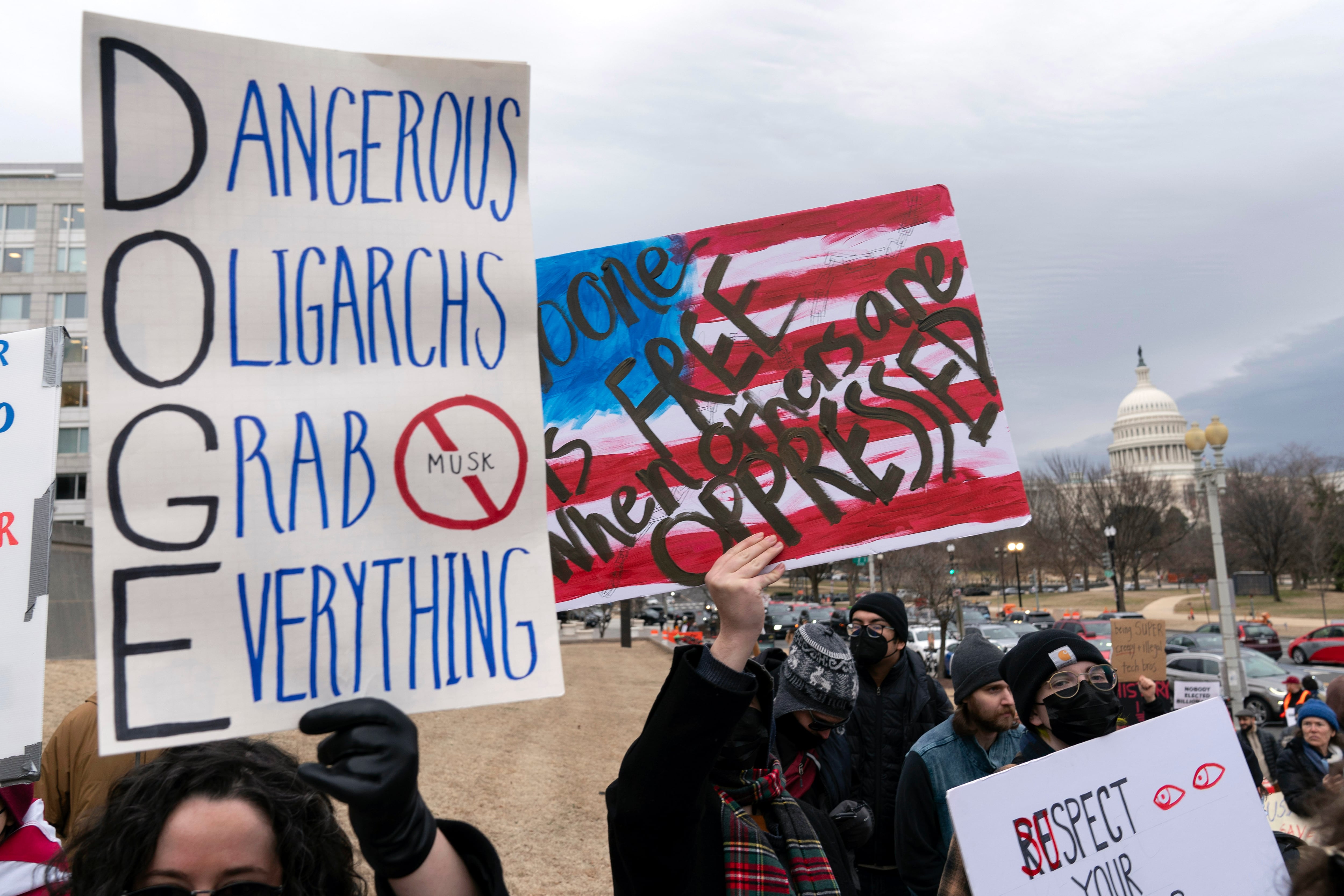UNITED NATIONS — U.S. Ambassador Nikki Haley urged all countries on Thursday to ensure that the Islamic State extremist group faces “an enduring defeat” and said the United States will deepen partnerships with countries fighting terrorism “when force is necessary.”
She told the Security Council that the militant group's ideology has taken root in new corners of the world, demonstrating that it is "an enemy that adapts, and one that will seek out the world's ungoverned spaces."
Haley urged countries to outsmart ISIS, which is also known as ISIL, deny its fighters and supporters “safe haven,” end conflicts in areas where the extremist group flourishes, and use sanctions “to deny funding to terrorist groups.”
"The fight against terror will take different forms, but the outcome is certain," she said. "The United States will continue to be a force in this effort against ISIS and al-Qaida until we defeat this threat."
RELATED
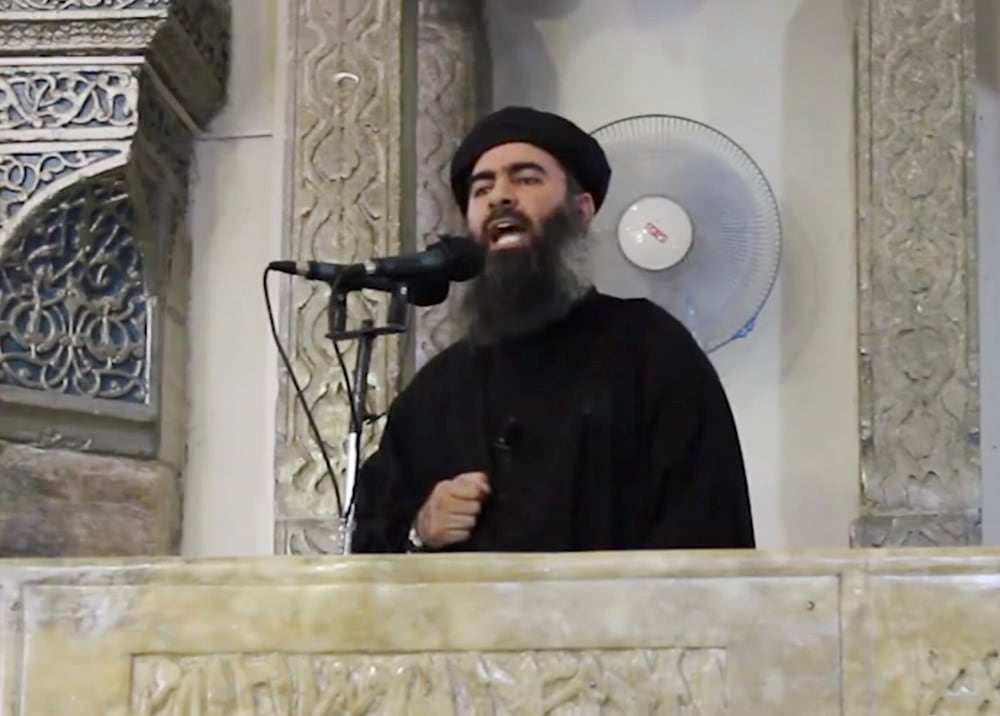
Undersecretary-General for Counter-Terrorism Vladimir Voronkov said ISIS continues to pose a serious challenge, “especially due to its transformation into a covert network, the activities of its regional affiliates, and the complex threat posed by returning and relocating foreign terrorist fighters and their families.”
While ISIS has been defeated in Iraq and “is in headlong retreat” in Syria, Voronkov warned that the rising threat from the militant group’s fighters “will be diverse and hard to predict.”
RELATED
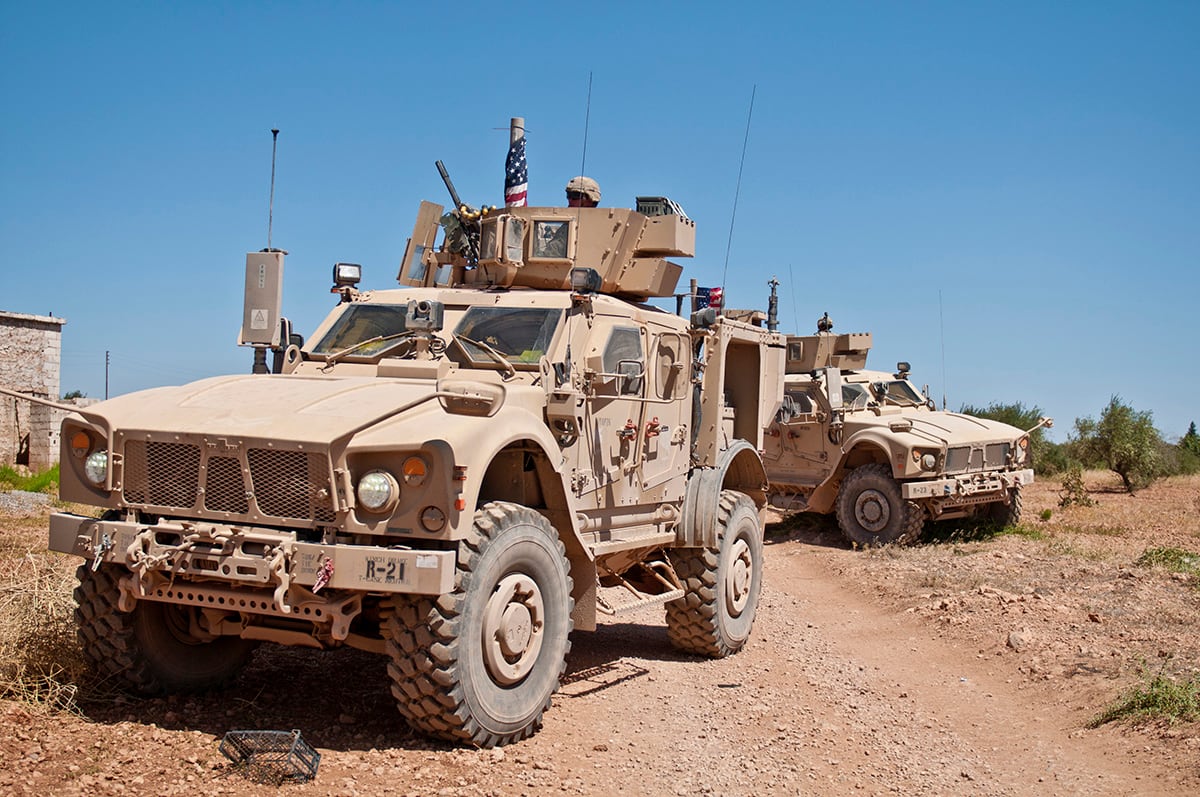
Assistant Secretary-General Michele Coninsx, who heads the Executive Directorate of the council’s Counter-Terrorism Committee, said the return of ISIS fighters poses a range of challenges for governments including gathering evidence and having jurisdiction to prosecute them, and their potential for radicalizing prisoners if they are incarcerated.
There is also a new potential risk from the forthcoming release of imprisoned ISIS fighters and members, she said, noting that governments are increasingly concerned some of them may “re-engage in terrorist activities and radicalization to violence.”
Voronkov said ISIS' transformation from a “proto-state” that controlled a large swathe of Iraq and Syria to a covert network has made its finances hard to detect because the group’s administrative functions have gone underground.
ISIS “is still able to channel funds across borders often via intermediate countries, to their final destination,” he said.
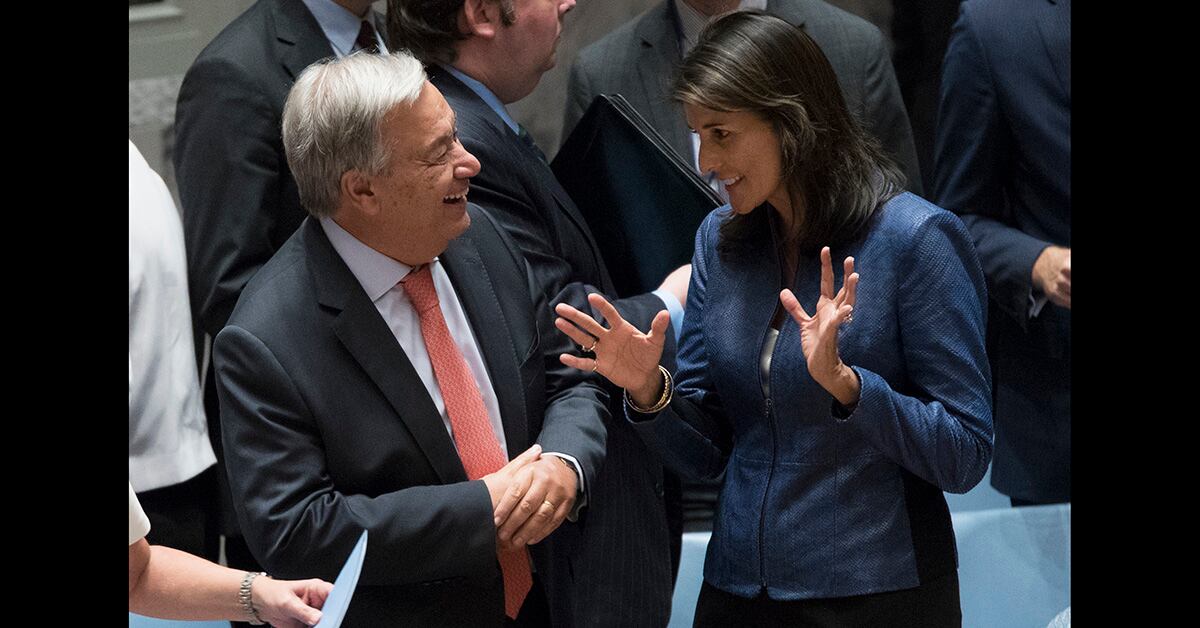
Russia's U.N. Ambassador Vassily Nebenzia told the council: "The global terrorist tower of Babel has fallen to pieces. However, ISIL cells continue to speak in one tongue, and they're successfully coordinating among themselves."
Following "the destruction" of ISIS' lucrative smuggling of oil and gas, Nebenzia said "terrorists" have turned to new sources of financial and logistical support.
ISIS adherents are speculating on stock markets and investing funds “in legal sectors of the economies of a broad array of countries,” he said, including in tourism and the hospitality industry as well as agriculture, fish farming, industry and pharmacology and construction companies.
RELATED
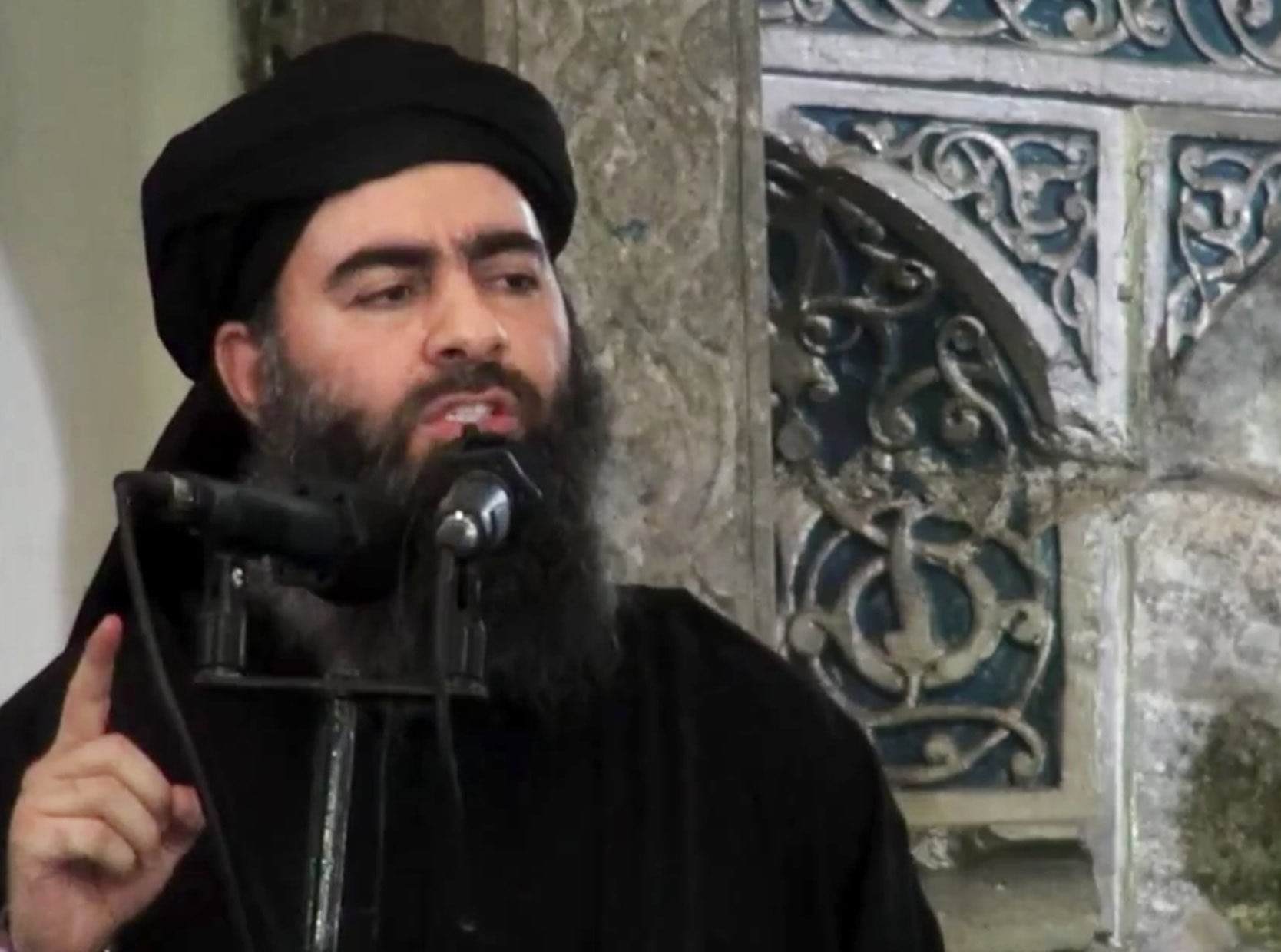
The extremist group "also continues to fight for control over narcotics flows, including from Afghanistan," Nebenzia said, and it "continues to receive revenue from foreign sponsors operating under cover of philanthropic funds, religious organizations and other non-government bodies."
At the start of the meeting, chaired by British Foreign Secretary Jeremy Hunt whose country holds the rotating council presidency, members and dozens of diplomats in the council chamber stood in silent tribute to former Secretary-General Kofi Annan who died on Saturday.




